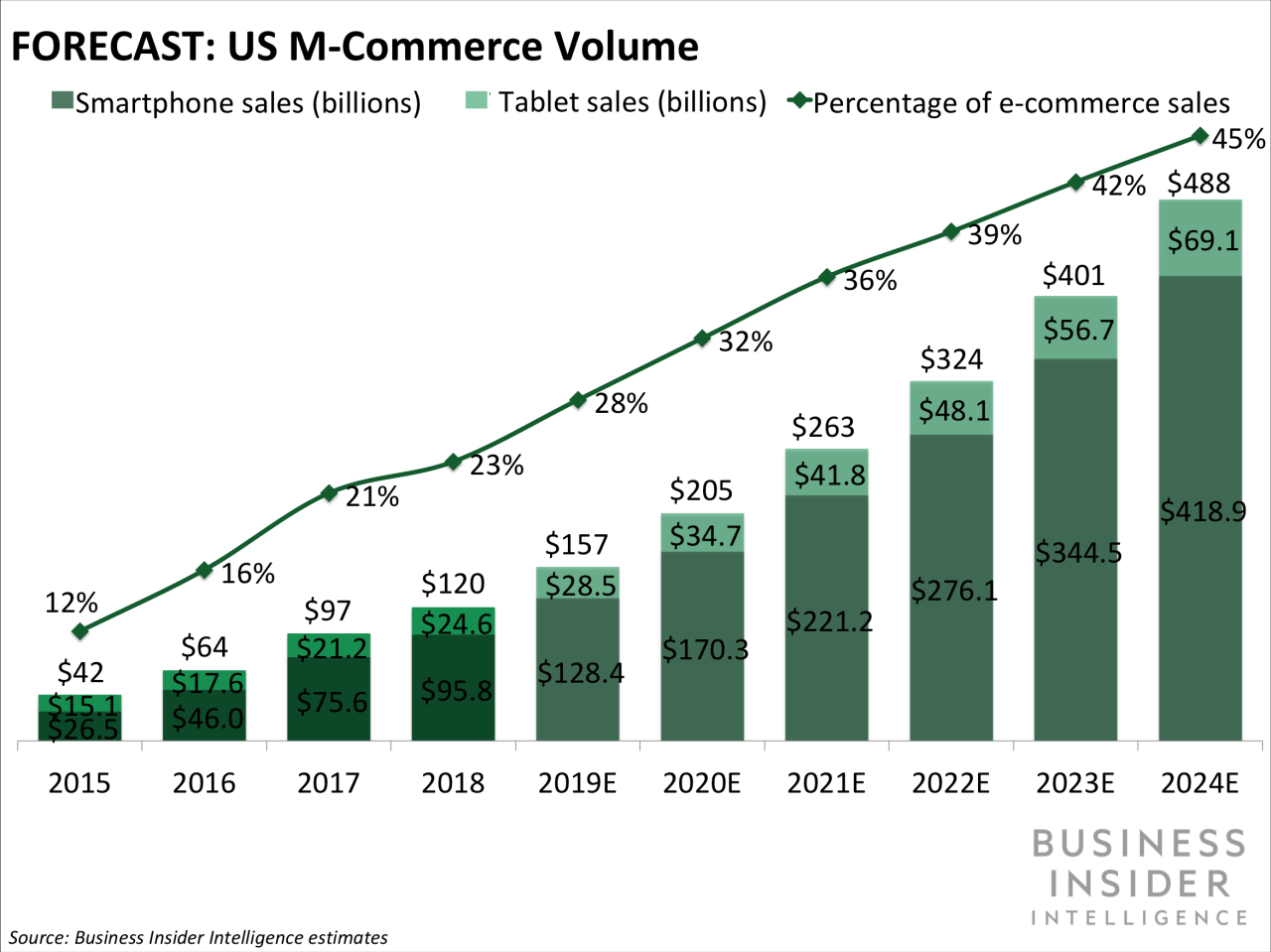
From the original bulky, heavy portable telephones of the 1980's to the latest smart phone, the transition of the cell phone industry to the mobile industry has changed how our society functions quicker and more dramatically than the introduction of the telephone in the late 1800's. In fact, mobile devices may soon make the landline telephone an obsolete luxury as well as turn the PC into little more than an accessory for a person's smart phone. It is the strength of the mobile revolution that gives this new business such an influence over our society.
Where Apple Computer was once a weak competitor in the PC market, the iPhone technology, which grew up from the ipod, has made it king in the smart phone business. Between the iPhone and the Blackberry line, smart phones have redefined what a cell phone can do and what it is used to do. This recent revolution in mobile commerce has rapidly turned the cell phone as a personal luxury and commonplace business tool into a portable office complete with a phone, computer, library, and entertainment center all in one.
Consequently, the evolution of the cell phone industry up to the early 2000's has reshaped the entire telephone industry from providers of landline phones and cell phone services to cell phone service providers that offer landline service. Because AT&T; and Worldcom relied too heavily on traditional phone service versus focusing on the market for cell phone service, they failed. Of course, it is simply not enough to offer cell phone service these days, because texting and browsing are now a cornerstone in the American lifestyles, so corporations that try to slow this upcoming transition will be fated to buyouts.
Cell phone technology through the 1990's to the early 2000's focused on building smaller phones with better service. As text messaging grew into a commonplace practice and other accessories took over the cell phone to turn it into a hand held mobile device, we moved beyond the cell phone industry. Once technology finally began to take hold with advanced computer processors and more user friendly interfaces, the true rise of mobile commerce began. As such, the mobile device has virtually replaced the cell phone while it is also on the verge of replacing landline phone service as it moves onto consuming the home internet market.
Mobile technology used as a hotspot will likely soon be a viable alternative to home internet service, which often requires a landline or cable connection, for the PC while there are plenty of cheaper alternatives to landline phones already. In just a few short years, the mobile service industry has become the basic provider for many people. With its spread, comes the true rise of mobile commerce. As cell phone service providers move to expand 3G, 4G, and so on networks, a technology revolution is in full swing. Moreover, the overall telecommunication market is being redefined by the rise of mobile commerce.
